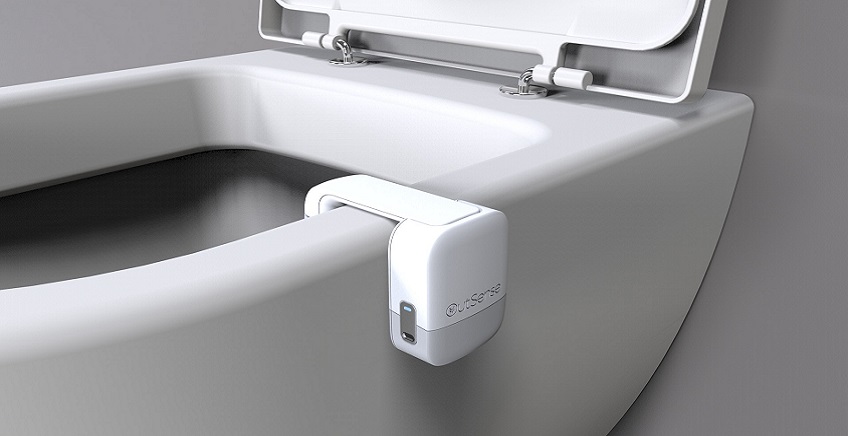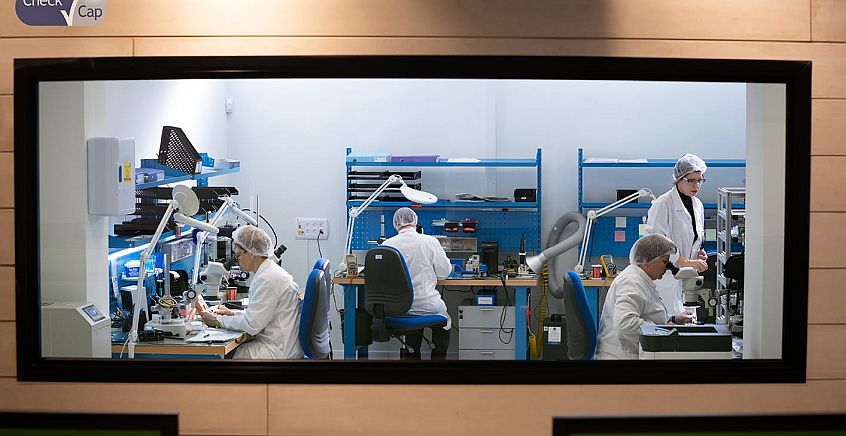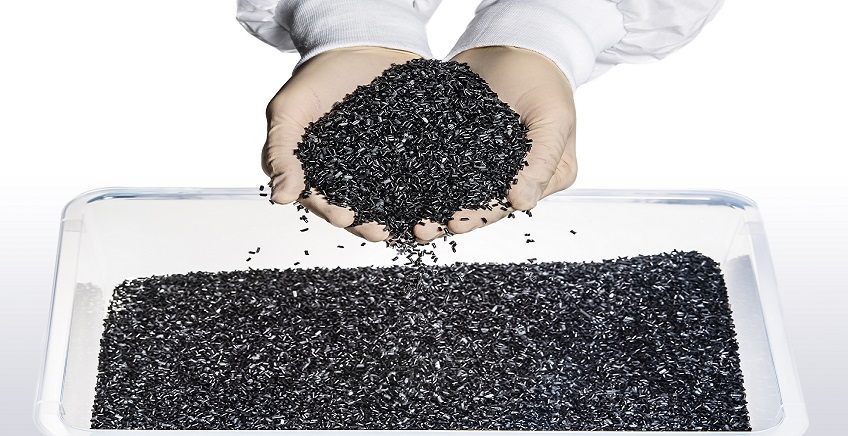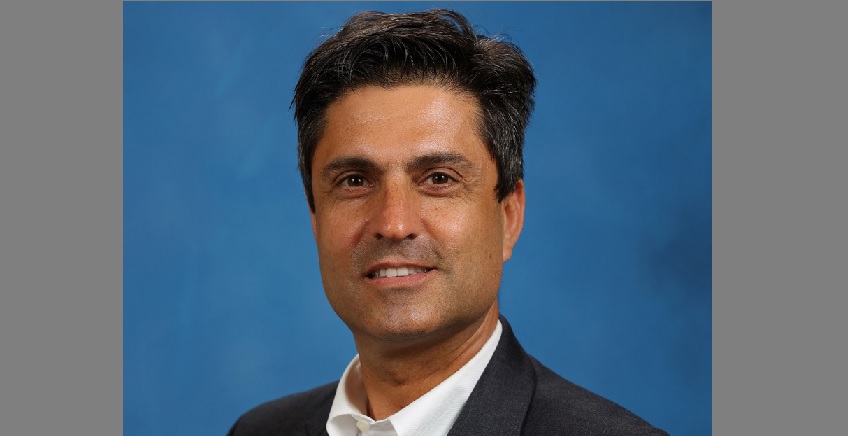OutSense raises $2.2 million to transform human waste into medical insights
11 November, 2020
The device easily attaches to a standard toilet bowl and uses multi-spectral optical sensors to detect signs of colorectal cancer, dehydration and urinary tract infections

Israeli startup OutSense has raised $2.2 million in a Series A round from Peregrine Ventures in order to complete the development and testing of an IoT technology which monitors health and helps prevent life threatening diseases by quickly and accurately analyzing human waste from within a standard toilet bowl. The funds will enable OutSense to complete the final design of its toilet clip-on product and to expand medical trials in Israel and abroad for eventual marketing. Next year the company will initiate the approval process with the FDA as well as other leading regulatory bodies.
Clinical uses of OutSense’s proprietary technology include screening for hidden blood in stool, which is an established early sign of colorectal cancer (CRC). Furthermore, the technology monitors dehydration, urinary tract infections, constipation, and diarrhea, which are the major causes of deterioration and hospitalization of the elderly. Accuracy of detecting hidden blood was already validated in a clinical study at the Meir Medical Center in Israel and proven to be 90% accurate. OutSense is the first company ever to demonstrate that blood in stool can be effectively monitored in a standard toilet bowl, rather than having to send a physical sample to a lab.
OutSense is planning to initially focus its efforts on the remote monitoring of the elderly, a fast-growing market, which is receiving unprecedented attention due to the global Covid-19 pandemic.
Colorectal cancer is considered one of the deadliest forms of cancer, and yet can be successfully treated when detected early. Although lifesaving early-screening is highly encouraged, many avoid it and as a result nearly 700,000 people die from this disease worldwide every year. Current lab-based screening methods have only modest accuracy and require stool handling, and as such they suffer from low compliance.
OutSense’s IoT device easily attaches to a standard toilet bowl and the activation process is fully automatic. The device uses multi-spectral optical sensors, an illumination module, and an autonomous controller with a Wi-Fi receiver.
The system captures the optical samples automatically, non-invasively, discreetly and without active user intervention. It delivers the results to the cloud, where the real time analysis is conducted using OutSense’s proprietary computer vision algorithms and AI. The sensor connects to the smartphone of either the caregiver or user or, where available, to the on-premises customer data system. The system sends notifications and results immediately if an abnormality is detected, thus enabling early treatment if there is any deviation from a predefined norm.
In contrast to the existing methods of analyzing human waste, OutSense’s technology offers a high level of accuracy, automatic testing, immediate results, and no handling of feces and urine.
Proof of concept and initial testing of OutSense’s technology were carried out in Israel. Large scale testing in Israel and abroad is due to get underway in the coming months. A pilot is planned in Japan for detection of dehydration and urinary tract infections in the elderly, in cooperation with a multi-billion Japanese corporation that is active in the healthcare market and specializes in remote elderly care technologies. OutSense is looking for additional strategic partners and is planning another fundraising round next year that will enable the company to begin marketing efforts.
Founded in 2016, OutSense (Or Yehuda, Israel) started at the life sciences’ Incentive Incubator in Israel, which is owned and operated by Peregrine Ventures, in partnership with the Israel Innovation Authority.
“Our technology allows users and patients to have their excretions scanned automatically and immediately receive actionable insights based on the underlying chemical and physical composition. The solution provides new ways for an early detection of potential severe gut problems, such as colorectal cancer, and for improving health and quality of care,” says Ms. Yfat Scialom, CEO of OutSense. “Besides the medical impact, this solution also gives people new ways to improve their wellness, improve compliance to medications, and monitor diets and personal nutritional needs.”
OutSense aims to create the world’s first and largest database of human waste. “This is especially crucial in colorectal cancer and other conditions which often go undiagnosed,” notes Ms. Scialom. She adds that the initial market for the new technology will be the elderly care and colorectal cancer screening markets but that this will eventually be expanded, and the company will add more diseases to the detection list. Eventually the technology could be used to detect the onset of an epidemic like Covid-19 as well as for personalized care, biofeedback, fine tuning of drug dosage and even for personalized nutrition for weight contro



